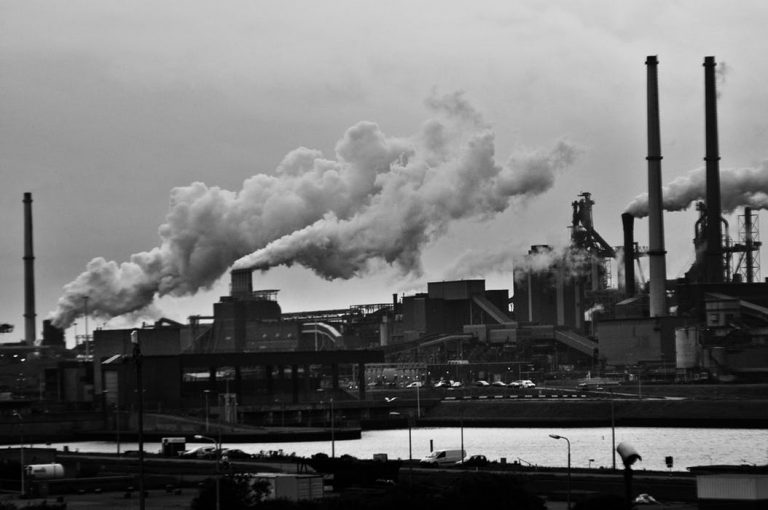
The CEQA, or California Environmental Quality Act, is a statute that requires California’s local and state agencies to identify any significant environmental impact of their actions, and to either mitigate or avoid them all together whenever feasible, according to the California Natural Resources Agency. But a study in 2017 conducted by New Holland & Knight discovered that abuses of the act have been wreaking havoc with California’s housing crisis.
CEQA is said to be one of the big obstacles to resolving what’s become a serious problem – more than a third of homeowners still paying on mortgages, and over half of renters in the state, are spending more than 30 percent of their household incomes on housing, leaving them cash poor and often having to commute long distances to work just to be able to afford a place to live. The housing crisis has made life challenging even for those with rather high-paying jobs. In fact, it was just recently reported that families earning as much as $117,000 now qualify as low income in the San Francisco Bay Area.
While there are many factors involved in what’s become a desperate situation, one of them is the antiquated, overly restrictive zoning regulations which artificially limit development opportunities for “affordable housing.” Requirements and regulations decrease the incentives for building new homes, putting in obstacles that make it difficult for buyers, although home prices in some areas are still relatively affordable as you’ll see by taking at look at real estate sales in Fresno where ABC reports that the average home sells for $250,000. By purchasing a home here, you can probably afford to pick up some of those tasty healthy snacks you can buy online, in addition your basic groceries and other household bills.
While proponents of CEQA commonly insist that CEQA is necessary for protecting minority and low-income and communities from potential environmental harm, the Holland & Knight study notes that housing lawsuits in the Los Angeles area are disproportionately targeting new housing neighborhoods that tend to be more predominantly white, healthier, and wealthier. The researchers say the vast majority of these lawsuits have been filed in spots like West L.A, outside of places that were designated environmentally disadvantaged by the state’s Environmental Protection Agency.
The results of CEQA abuse, frequently by wealthy “not-in-my-backyard” types have been driving up the state’s already high housing costs and shifting populations to other areas, potentially even bigger environment harms due to the longer commutes. The study notes that a good place to start resolving this issue is by ending anonymous CEQA lawsuits and getting rid of duplicate lawsuits that are against projects which have completed processes required by CEQA.




Leave a Comment